Description
Pectinase: The Unsung Hero of Fruit Juice, Winemaking, and More
Pectinase, a name that might not immediately ring a bell, is actually a powerful enzyme complex playing a significant role in various industries, from food processing to agriculture. Essentially, pectinase breaks down pectin, a naturally occurring structural polysaccharide found in plant cell walls, acting as a “glue” that holds these walls together. By targeting pectin, pectinase unlocks a range of benefits, improving processes and enhancing product quality.
Understanding Pectin and Pectinase’s Role
Pectin is abundant in fruits and vegetables, especially in the middle lamella, the layer between cell walls. It’s responsible for the firmness and structure of these plant tissues. Pectinase enzymes, on the other hand, are produced by a variety of microorganisms like fungi and bacteria. They can be classified into different types based on their specific activity on pectin, including:
- Pectin esterases: Remove methyl groups from pectin.
- Polygalacturonases: Break down the galacturonic acid chain in pectin.
- Pectin lyases: Cleave the glycosidic bonds in pectin through a process called beta-elimination.
The specific type and activity of pectinase used will depend on the desired outcome in a particular application.
Applications of Pectinase Across Industries
The ability of pectinase to degrade pectin has made it an indispensable tool in several industries:
- Food Industry: This is where pectinase truly shines.
- Fruit Juice Production: Pectinase clarifies fruit juices by breaking down pectin and reducing viscosity. This leads to clearer juices with improved flavor and stability. It also helps increase juice yield during extraction. Think of how much pulp disappears after you’ve left a freshly squeezed juice for a few minutes – that’s largely due to pectin breakdown.
- Winemaking: In winemaking, pectinase aids in the extraction of color and tannins from grape skins, resulting in richer colored and flavored wines. It also helps prevent pectin haze formation, ensuring a clear and stable final product.
- Fruit Processing: Pectinase is used to macerate fruit pulp and improve its texture and consistency in products like jams, jellies, and purees. It can also improve the peeling process of certain fruits, making industrial processing more efficient.
- Textile Industry: Pectinase is used in bioscouring to remove pectin from cotton fibers, a crucial step in preparing the fabric for dyeing and printing. This enzymatic process offers a more environmentally friendly alternative to harsh chemical treatments.
- Paper Industry: Pectinase can improve the bleaching process of paper pulp by removing pectin, leading to brighter and stronger paper.
- Agriculture: Emerging research is exploring the potential of pectinase in agriculture. It might be used to improve the efficiency of plant tissue degradation for composting and biofuel production. It’s also being investigated as a potential tool for managing plant diseases.
Advantages of Using Pectinase
The use of pectinase offers several advantages over traditional methods:
- Improved Efficiency: Pectinase increases juice yield, reduces processing time, and improves the overall efficiency of various industrial processes.
- Enhanced Product Quality: It clarifies juices, improves wine color and flavor, and enhances the texture and consistency of fruit products.
- Environmentally Friendly: As a biocatalyst, pectinase provides a more sustainable alternative to harsh chemical treatments in industries like textiles and paper manufacturing.
- Specific Action: Pectinase acts specifically on pectin, minimizing unwanted side effects on other components of the processed material.
Conclusion
Pectinase, despite its unassuming name, is a powerful and versatile enzyme complex with a wide range of applications. From the clear juice we enjoy at breakfast to the rich wine we savor in the evening, pectinase plays a vital role in enhancing the quality and efficiency of food processing and other industries. As research continues to uncover new applications, pectinase is sure to remain an important tool for improving our lives and promoting sustainable practices.

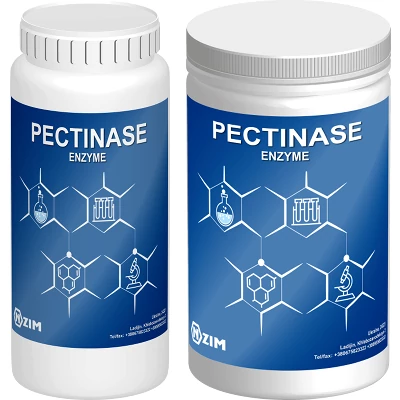
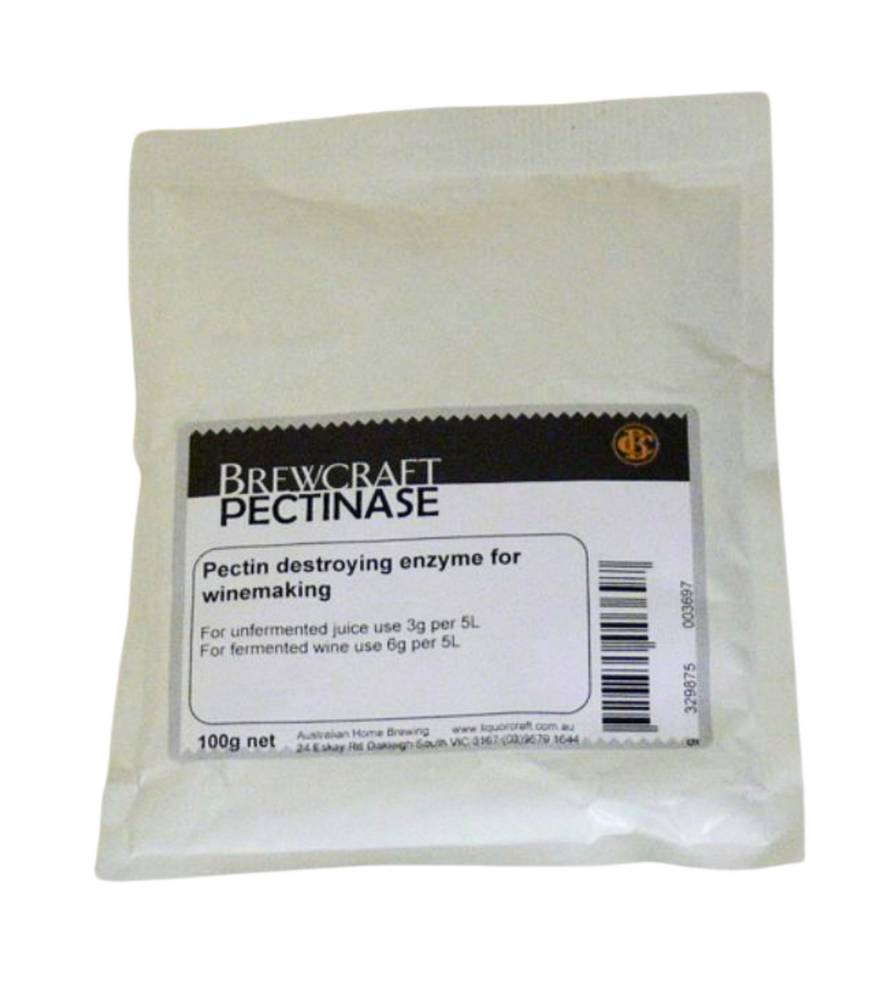
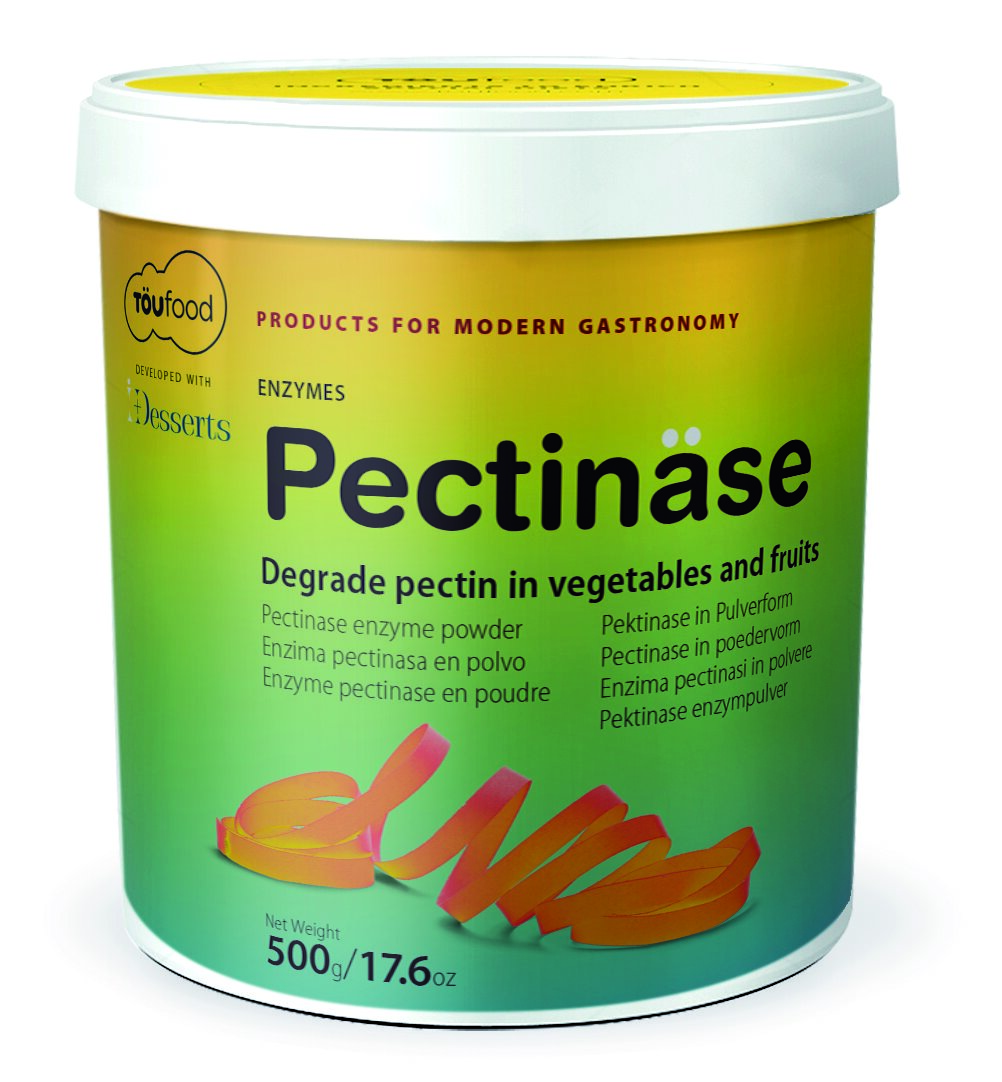
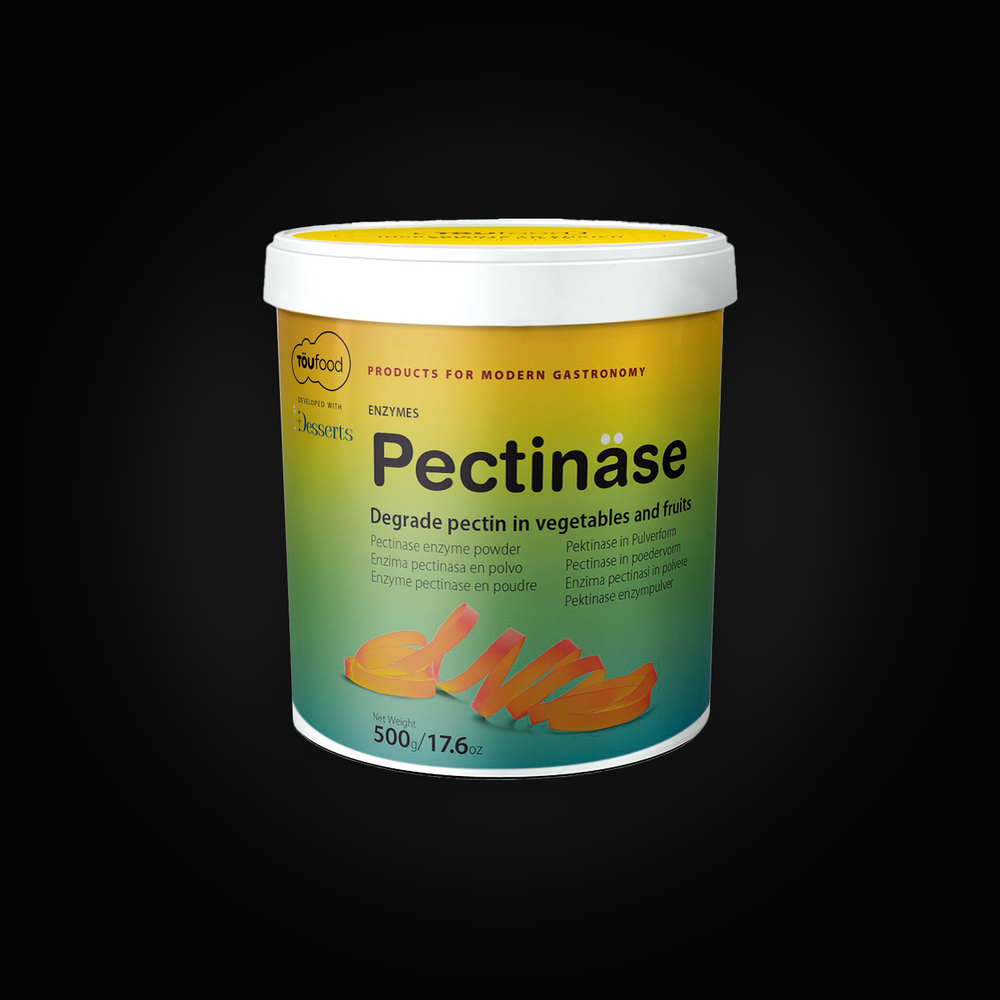
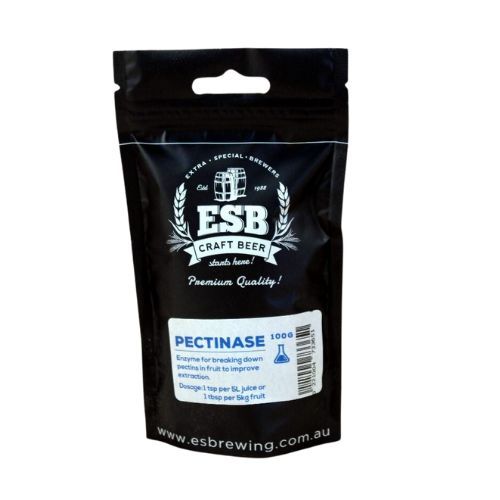


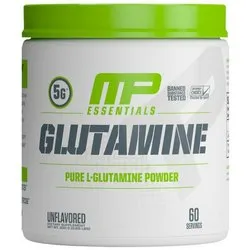
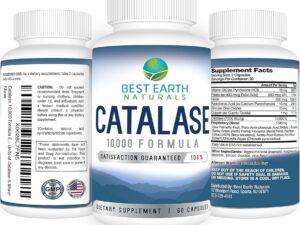

Reviews
There are no reviews yet.